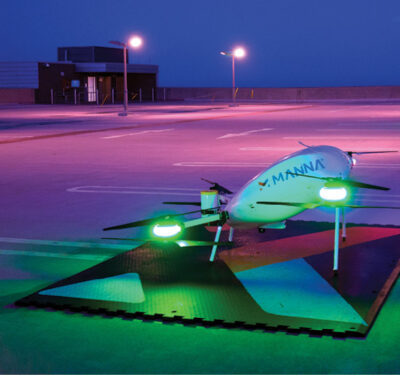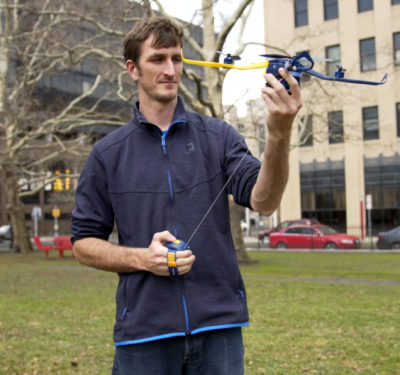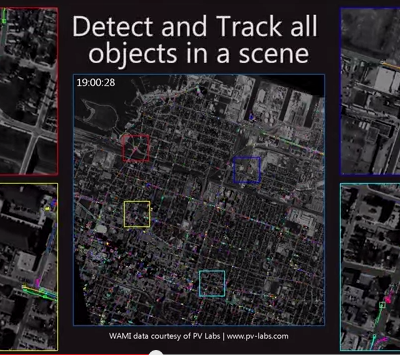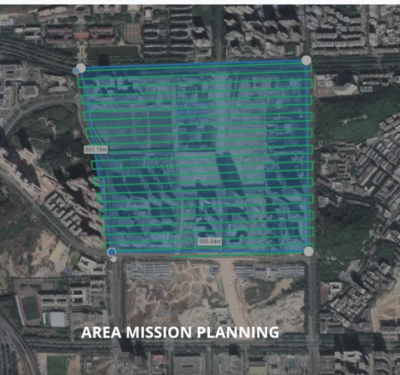
Image courtesy of DARPA
Unmanned Aircraft Systems have been invaluable for a variety of U.S. military missions over the years, from intelligence to surveillance and reconnaissance to tactical strike.
Even so, most current systems must be constantly controlled by a dedicated pilot and sensor operator, as well as many analysts, and that not only limits these systems’ cost-effectiveness and scalability, it can also pose operational challenges during certain types of missions.
DARPA’s Collaborative Operations in Denied Environment, or CODE, program aims to overcome these challenges, according to a news release, and DARPA is currently looking for collaborators who are interested in participating.
Through CODE, DARPA intends to develop algorithms and software that would extend mission capabilities of existing UAVs to improve the ability to conduct operations in denied or contested airspace, according to the release. The researchers plan to develop a “modular software architecture that is resilient to bandwidth limitations and communications disruptions, yet compatible with existing standards and capable of affordable retrofit into existing platforms.”
DARPA recently released a Special Notice, inviting anyone interested in participating to submit a one-page response by 4 p.m. Eastern on Feb. 4. DARPA is looking for participants with “capabilities, methodologies and approaches that are related to CODE research and focused on revolutionary approaches to unmanned aircraft systems, autonomy and collaborative operations.”
Two meetings are currently planned and are scheduled for the first week of March in Arlington, Va.






